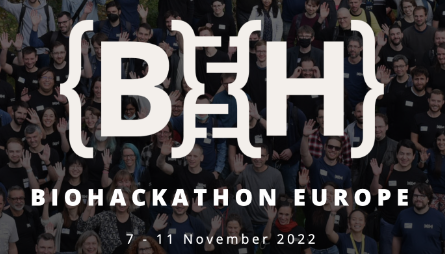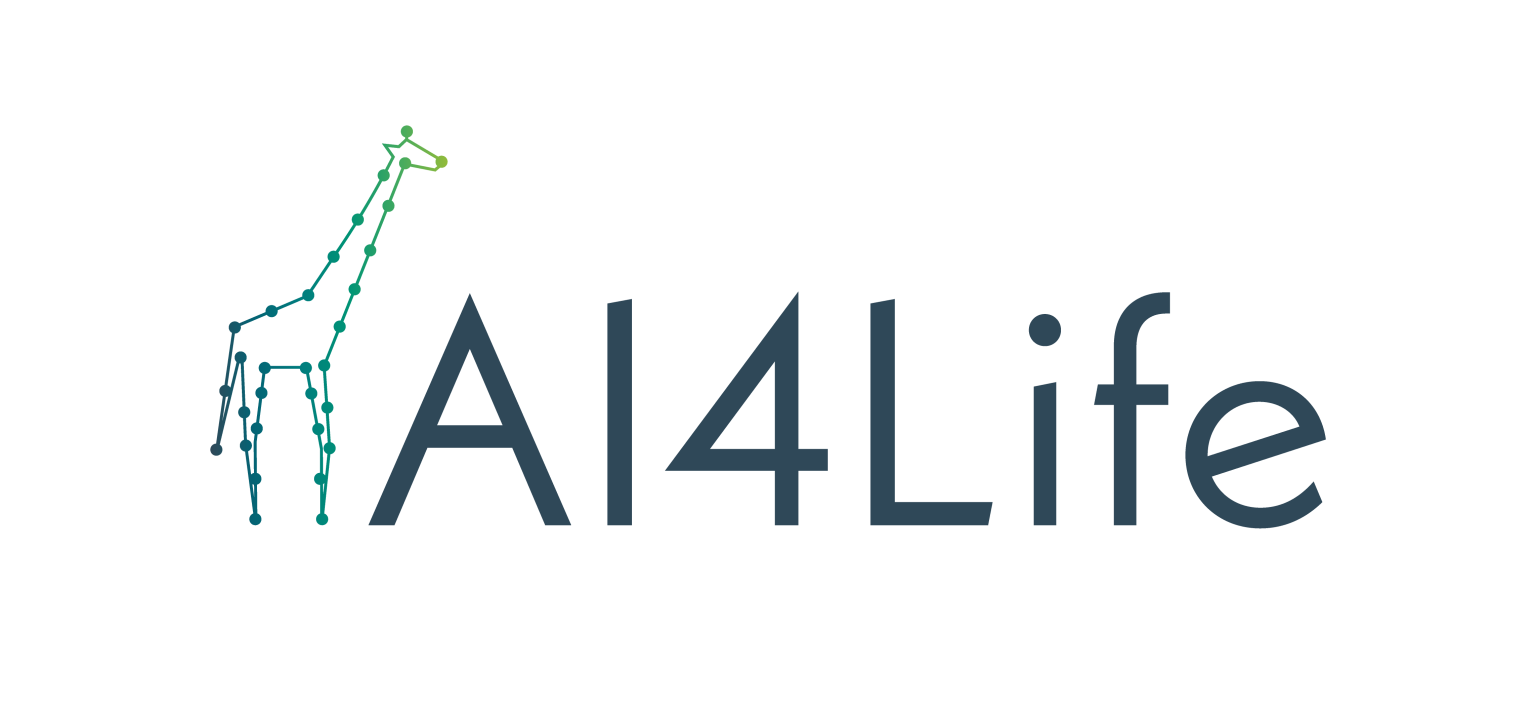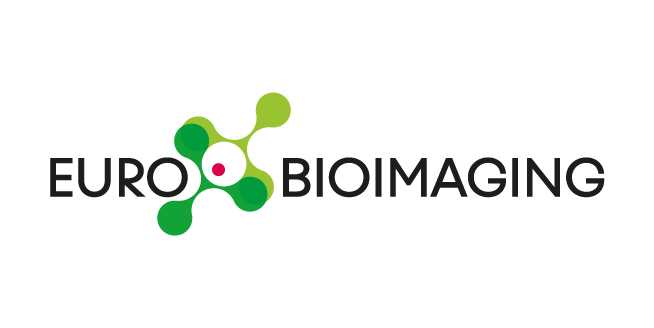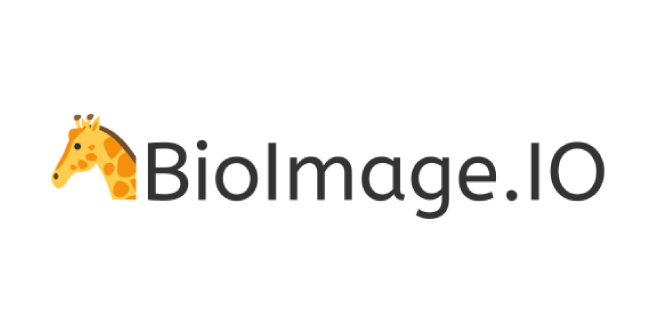Biohackathon europe 2022
Paris, 7-11 November 2022
by Beatriz Serrano-Solano
AI4Life was present this year at the BioHackathon Europe 2022, which took place in November at Campus Des Berges de Seine, near Paris. Since 2018, ELIXIR Europe has been organising the BioHackathon to bring together both ELIXIR and non-ELIXIR members to work on projects aligned with the ELIXIR Platforms, Communities or Focus Groups.
The participation of AI4Life was focused on two projects:
– Project 9: Disseminating FAIR Machine Learning Models via BioModels
– Project 17: Metadata schemas supporting Linked Open Science (with a focus on reproducibility)
Through the interaction with these two projects, we explored the collaboration of the BioImage Model Zoo with databases like BioModels, by discussing the minimum metadata that would allow the interoperability between such resources. We also engaged with more initiatives like Bioschemas, the DOME recommendations, the EDAM ontology and the ELIXIR Machine Learning Focus Group.
We will be happy to continue these interactions, and we look forward to our future collaboration and participation in similar events.

The @AI4LifeTeam is at the #BioHackEU22 organized by @ELIXIREurope in Paris this week. Lots of food, interactions and fun hacking projects with developers from around the world! pic.twitter.com/AFdR75UWy1
— Euro-BioImaging ERIC (@EuroBioImaging) November 11, 2022


